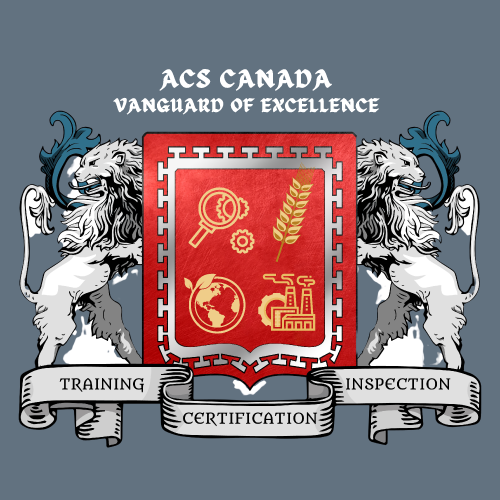Functional Food Certification

FOOD CLAIM APPROVAL
By adding new ingredients or combining existing components, functional food is claimed to have a purpose (typically connected to health promotion or illness prevention).
The Functional Food Center defines “functional foods” as "Natural or processed foods that contain biologically active compounds, which, in defined, effective, non-toxic amounts, provide a clinically proven and documented health benefit utilizing specific biomarkers, to promote optimal health and reduce the risk of chronic/viral diseases and manage their symptoms".
Nutraceuticals, often known as functional foods, are foods that provide both health and nutrition benefits, also including mitigating the risk of chronic illnesses. Natural foods, such as antioxidants, dietary supplements, fortified dairy products, and citrus fruits, as well as vitamins, minerals, and herbals, are examples of nutraceuticals. Oatmeal is classified as a functional food because its soluble fiber can assist decrease cholesterol levels, which is a benefit that extends beyond the item's nutritional value. The meal was fortified in some way to boost its nutritional value.
FUNCTIONAL FOOD PRODUCT APPROVAL PROCESS
The basis of functional food certification is sampling and testing in ILAC-ISO 17025 accredited laboratories. These technical food laboratories will perform tests on the samples according to ACS and functional product requirements and will submit a complete report of the tests to ACS. Our technical team will approve or disapprove the product by reviewing the results and testing comparisons. If the result does not comply with requirements, a non-conformities report will be provided to the applicant. If the test results are confirmed, a functional food certificate is issued to the manufacturing company /producer and the ACS functional food logo is awarded to the holder.
BENEFITS FROM ACS CANADA APPROVAL CERTIFICATION
The international approval of the food or agriculture products, the provide supporting documents and records by international accreditation laboratories test reports(ISO 17025-ILAC-IAF Accreditation laboratories), worldwide marketing and sales, ensuring the quality of functional food to clients and consumers.
Training at ACS Canada
ACS employs accelerated learning methods to ensure a comprehensive grasp of all certificates. Our approach involves contextualizing your learning through a wide array of options, including classroom instruction, workshops, as well as interactive and online sessions.
Functional Food Certification Training - 1
GMP Requirements

GMP – Requirements & Documentation
This course aims to teach the principles and practices of GMP requirements in the food industry.
More About This CourseFunctional Food Certification Training - 2
LABORATORY INTERNAL AUDITOR

Laboratory Internal Auditor
This course aims to teach the principles of effective laboratory internal audits.
More About This CourseFunctional Food Certification Training - 3
HACCP LEAD AUDITOR

HACCP – Lead Auditor
The aim of this course is to teaches the principles and practices of effective HACCP third party audits.
More About This CourseFunctional Food Certification Training - 4
HACCP INTERNAL AUDITOR

HACCP – Internal Auditor
This course aims to teach the principles and practices of HACCP-GMP first and second-party audits.
More About This CourseFunctional Food Certification Training - 5
HACCP REQUIREMENTS

HACCP – Requirements & Documentation
The aim of this course is to provide delegates with the knowledge and skills required to understand HACCP requirements and documentation.
More About This CourseFunctional Food Certification Training - 6
FSMS ISO 22000 REQUIREMENTS

ISO 22000 – Requirements & Documentation
The aim of this course is to provide delegates with the knowledge and skills required to understand FSMS requirements and documentation.
More About This Course
